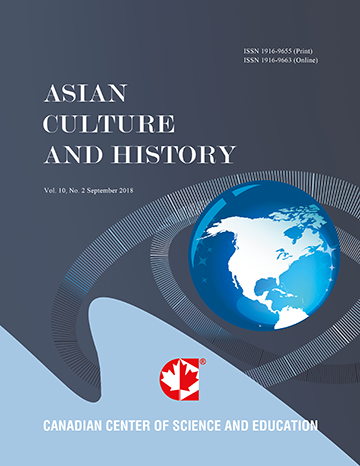The Influence of Naqshbandi Sheikhs on Educational Process of Timurid Era
- Maasumeh Goodarzi
- Aboulhassan Anoush
Abstract
In the ninth century (A.H.) the number of Sufis and their sects increased due to Timurids’ attention to Sufis, and as a consequence convents (Khaneqa) became one of the most important economical and political centers. Excessive wealth and spiritual influence of Sufis leaders particularly Sheikhs of Naqshbani kingdom result in Sufism power being twice as much so that, Timurid kings and Sultans used their spiritual influence to legitimize their rules and tried not only to respect and honor them but also, to construct and operate their Khaneqas. Close relationship between Naqshbani’s leaders and Timurid Sultans had a great influence on most country’s affairs, particularly education and training as most of removal and installations in the field of educational affairs were under their views. In this survey, the impact of Naqshbandi’s Sheikhs on educational process during Timurid period was investigated and analyzed by citing library references and implementing analytical-descriptive method.- Full Text:
 PDF
PDF
- DOI:10.5539/ach.v5n1p79
Journal Metrics
Google-based Impact Factor (2017): 5.42
h-index (January 2018): 11
i10-index (January 2018): 21
h5-index (January 2018): 6
h5-median (January 2018): 9
Index
- Academic Journals Database
- CNKI Scholar
- COPAC
- EconPapers
- Elektronische Zeitschriftenbibliothek (EZB)
- Excellence in Research for Australia (ERA)
- Genamics JournalSeek
- Google Scholar
- Infotrieve
- LOCKSS
- MIAR
- NewJour
- Open J-Gate
- PKP Open Archives Harvester
- Publons
- RePEc
- Scilit
- SHERPA/RoMEO
- Standard Periodical Directory
- Technische Informationsbibliothek (TIB)
- The Keepers Registry
- Universe Digital Library
- WorldCat
Contact
- Ivan YongEditorial Assistant
- ach@ccsenet.org
